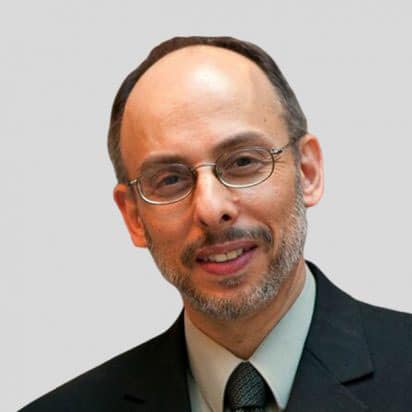Americans would care more about the genocide in Darfur if the victims were puppies, New York Times columnist Nicholas Kristof claimed in a provocative May 10 op-ed.
Is he right?
“Time and again, we’ve seen that the human conscience isn’t pricked by mass suffering, while an individual child (or puppy) in distress causes our hearts to flutter,” Kristof wrote.
He cited psychological studies that have found that people who are given a choice between helping one suffering person or helping a large number will overwhelmingly choose to help just that one.
Thirty-thousand children around the world die each day as a result of the consequences of poverty, but the American public hardly notices, according to Kristof. What really moves people is an ordeal like that of the toddler Jessica McClure, who fell into a Texas well in 1987, or Hok Get, a terrier stranded on a burned-out oil tanker in the Pacific in 2002. The public contributed some $45,000 to try to rescue the dog.
The eviction of a red-tailed hawk from its nest on a Manhattan apartment building sparked an international outcry, with actress Mary Tyler Moore and others rising up in passionate defense of the bird’s rights. Kristof’s comment: “A single homeless hawk aroused more indignation than 2 million homeless Sudanese.”
For the last several years, Kristof has done more than any other journalist to expose the Sudanese Arab militias’ massacres of blacks in Darfur. He has also been a courageous — and often lonely — voice against the failure of the United States and other governments to actively intervene against the killings.
Kristof knows that one way to change government policy is through an outraged public, but getting the American public to care about millions of nameless genocide victims in faraway Africa is no easy task. “What we need,” he proposes, “is more troubled consciences — pricked, perhaps, by a Darfur puppy with big eyes and floppy ears.”
Sadly, there is a historical precedent for Kristof’s disturbing scenario.
The Wagner-Rogers bill, which was introduced in Congress in early 1939, proposed to admit 20,000 refugee children from Nazi Germany. A number of prominent Americans, including former First Lady Grace Coolidge and New York City Mayor Fiorello LaGuardia, backed the bill. But their support could not overcome the tide of public opinion, which was strongly against increasing immigration, despite the recent Kristallnacht pogrom.
President Franklin D. Roosevelt refused to support the bill.
FDR’s cousin, Laura Delano Houghteling, who was the wife of the U.S. commissioner of immigration, articulated the sentiment of many opponents of Wagner-Rogers when she remarked at a dinner party that “20,000 charming children would all too soon grow up into 20,000 ugly adults.”
Such hateful attitudes were all too common in those days.
The following year Pets Magazine published a sympathetic photo of a British puppy, accompanied by an appeal to rescue purebreds that were endangered by the German bombing raids on England. This time, the American public’s response was swift and generous:
Several-thousand readers offered to shelter the puppies.
Our generation looks back at the defeat of Wagner-Rogers and the remark by Houghteling with shock and disapproval. We like to think that we have learned the lessons from that experience and would never again ignore mass murder.
But how will future generations judge our response to Darfur?
Los Angeles Events for Darfur
May 18
Light of HOPE (Helping Other People Everywhere) Art Exhibit and Silent Auction. Opening reception for community Darfur Observance Day, featuring artwork incorporating Brian Steidle photo of young Darfurian siblings. 7 p.m. $20. Bradley Tower, City Hall, 200 N. Spring St., Los Angeles. ” target=”_blank”>www.ladarfurobservance.org.
Dr. Rafael Medoff is director of the David S. Wyman Institute for Holocaust Studies,
Did you enjoy this article?
You'll love our roundtable.
Editor's Picks



What Ever Happened to the LA Times?

Who Are the Jews On Joe Biden’s Cabinet?


No Labels: The Group Fighting for the Political Center
Latest Articles

Ha Lachma Anya

Passover 2024: The Four Difficulties

Israel Strikes Deep Inside Iran

NSFW – A Poem for Parsha Metzora

Israel War Room Launches in Spanish












 More news and opinions than at a Shabbat dinner, right in your inbox.
More news and opinions than at a Shabbat dinner, right in your inbox.